245 CD / Anton Bruckner: Symphony no. 9 in D minor
Description
All of us often hear too many words and promises. Sometimes even by those who are serious. Beware! Again somebody praises a recording of Bruckner 9. - The last Bruckner symphony talks about grandeur and nullity, about self-doubt and certainty, about life and death. Every listener has to find out on his own if András Keller and his musicians convey the message trustworthily. They tried honestly, that was obvious in every minute of these 5 recording days.
3 reviews for 245 CD / Anton Bruckner: Symphony no. 9 in D minor
You must be logged in to post a review.

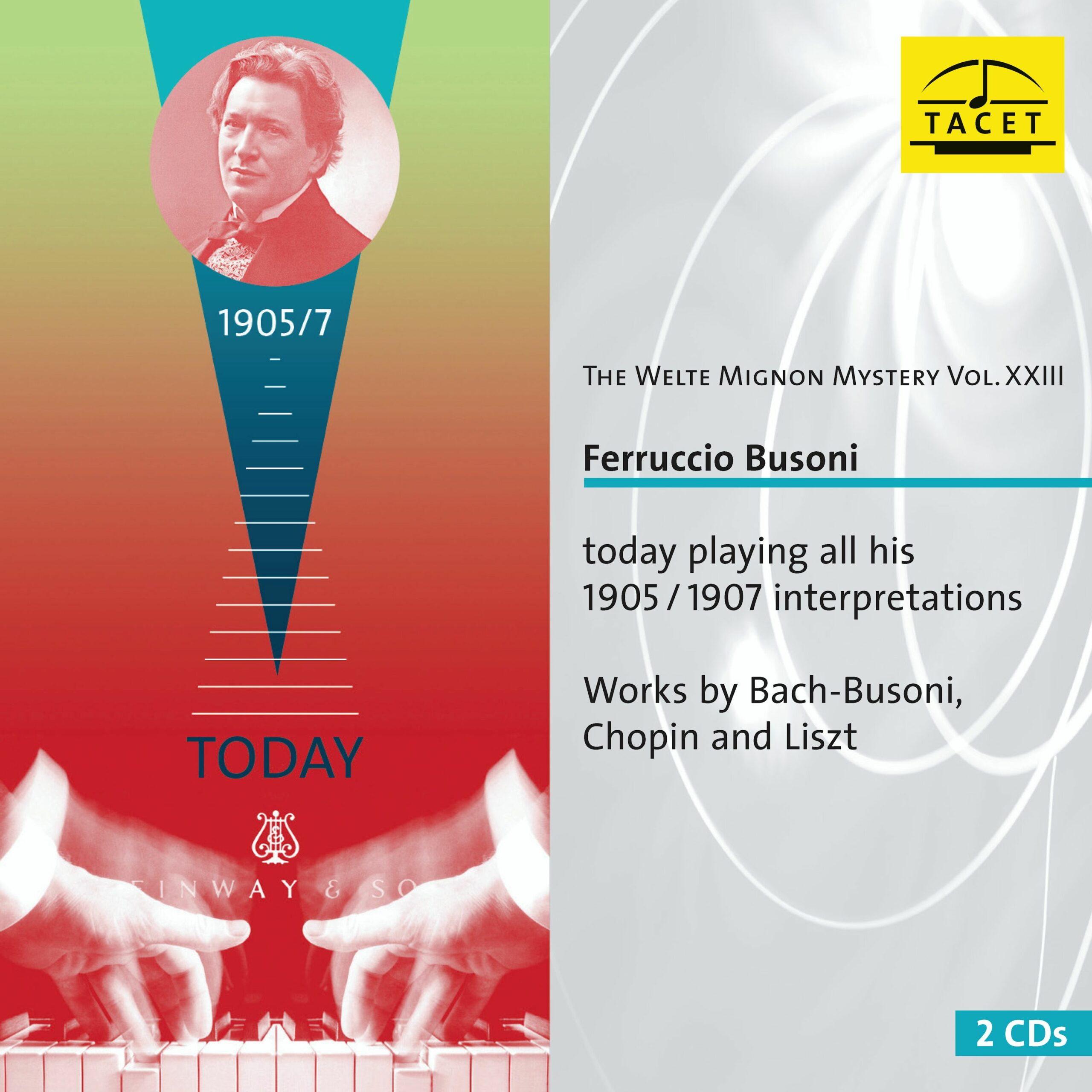
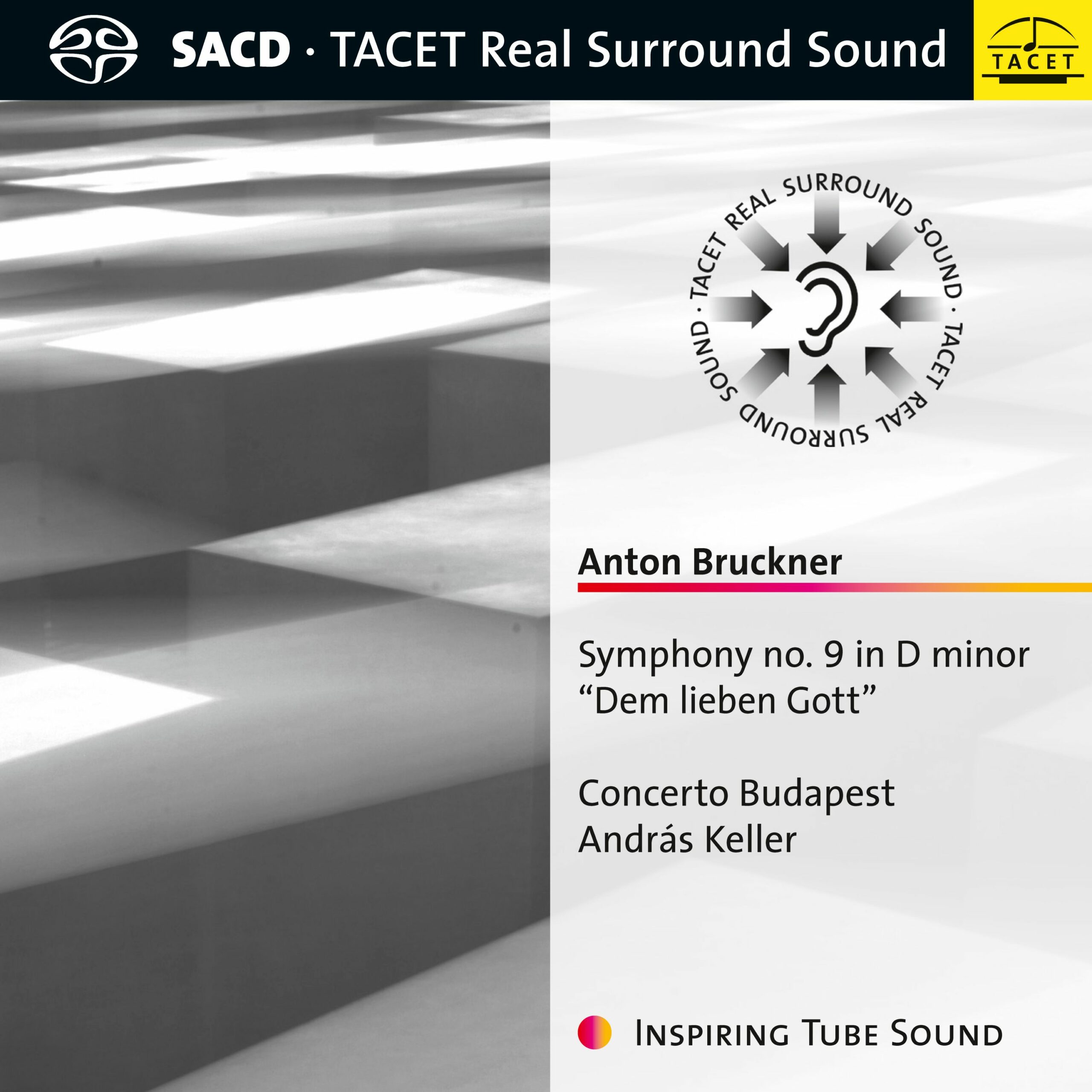
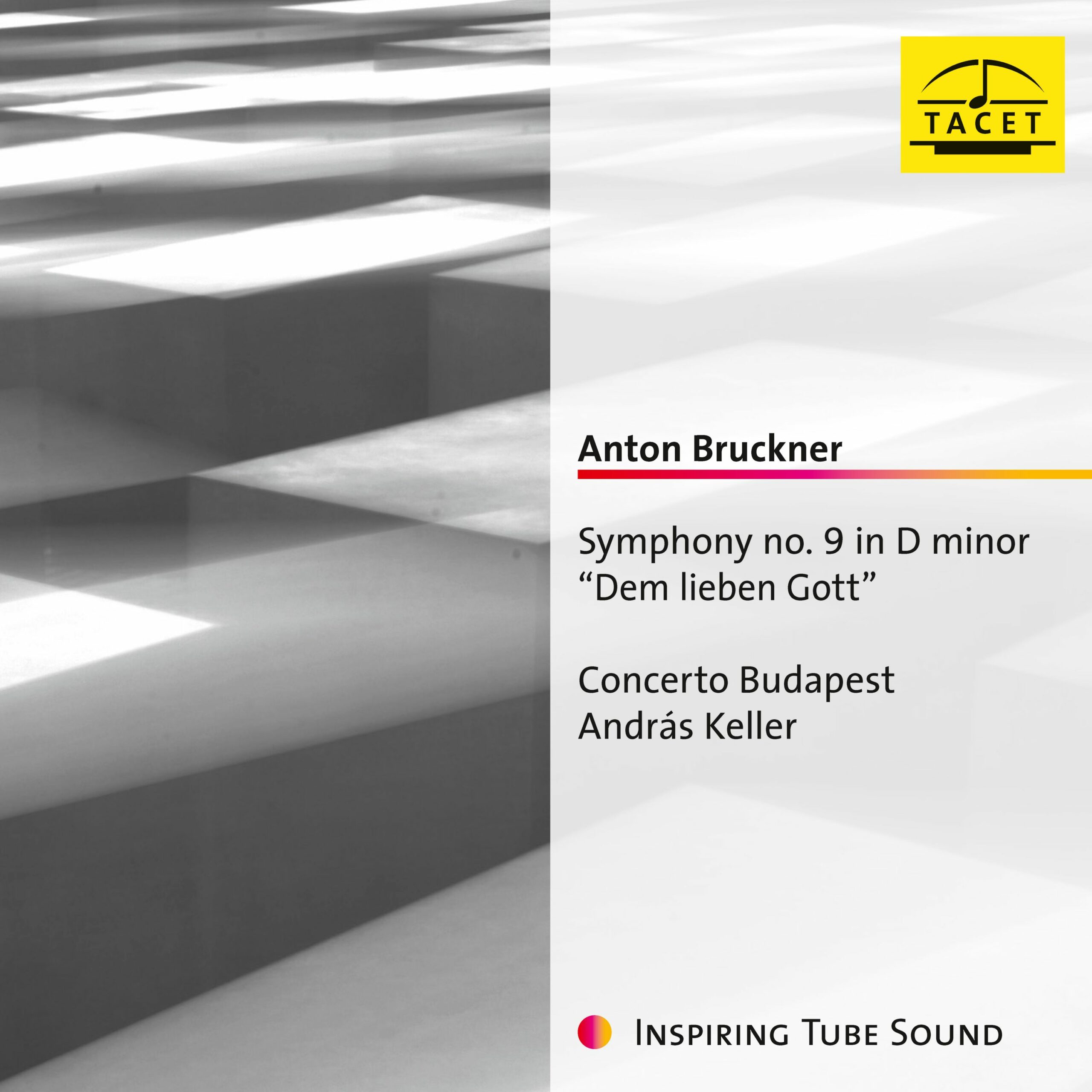
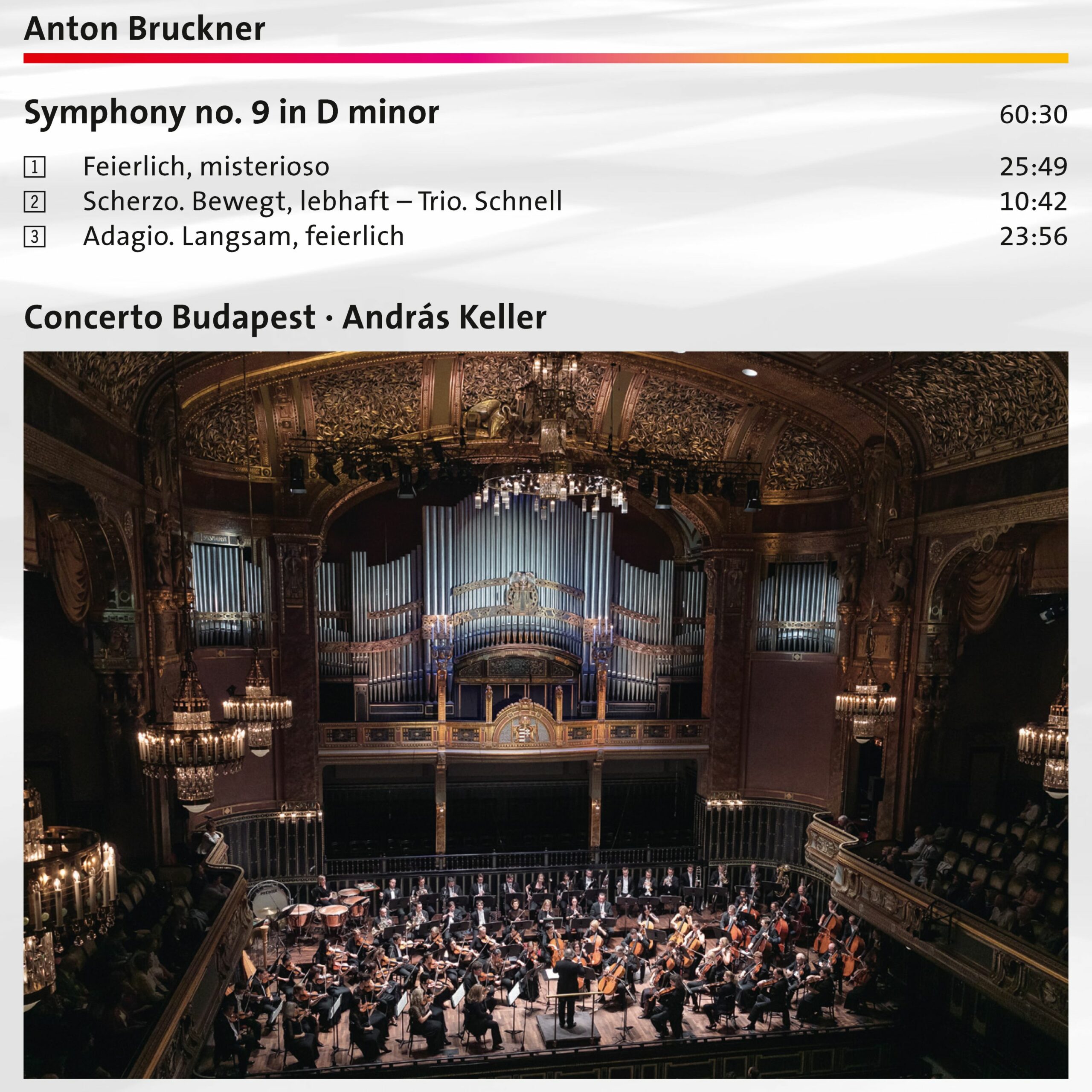
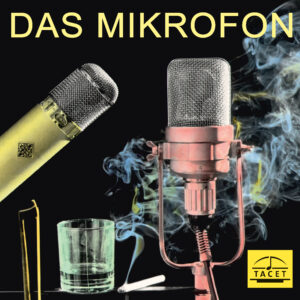
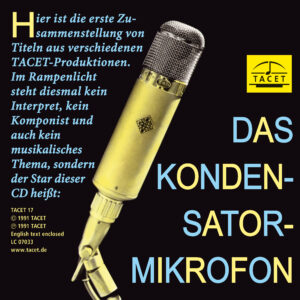
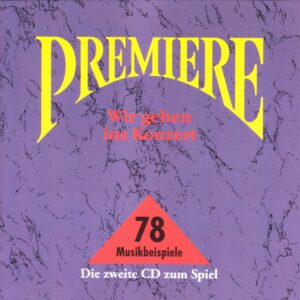
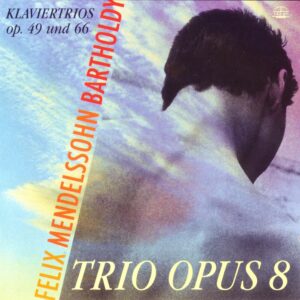
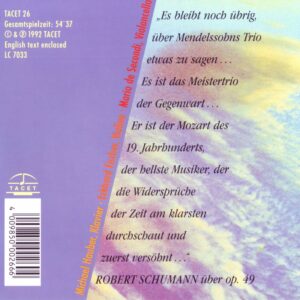


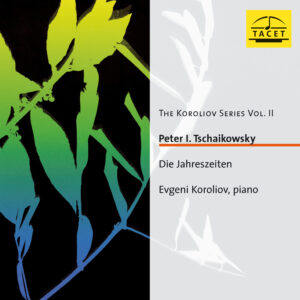
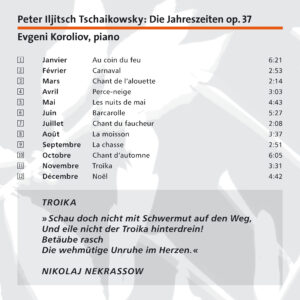
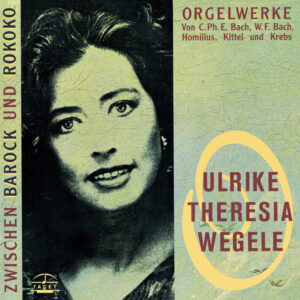
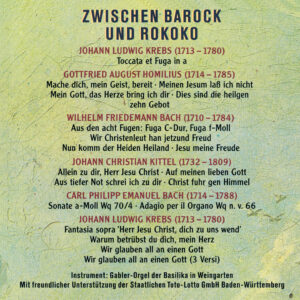
BBC Music Magazine (10/01/2019): –
--> original review
Explore the brave, unique sound of this progressive and productive symphonic orchestra with more than 100 years of history, based in Budapest, Hungary
Preis der deutschen Schallplattenkritik –
(Bestenliste für das 1. Quartal 2019)
Pizzicato –
--> original review
When Andras Keller - known as the founder of the Keller Quartet - conducts Bruckner's Ninth Symphony at the helm of the 'Concerto Budapest', which he leads as chief conductor, it is audibly an undertaking rich in relationships, in which the conductor's love for the composer as well as for the work becomes clear.
Keller is not primarily concerned with grand, sweeping gestures, and he does a lot to differentiate the sound of the symphony. The soul is just as absent as Bruckner's loving depiction of the naïve. This is immediately noticeable at the beginning of the first movement, which develops out of the calm and is altogether less dramatic and also much more positive than with many other conductors. The alerted scherzo with its playful secondary themes and the no less playful and lively trio is particularly attractive in Tacet's 'Real Surround'. The listener sits right in the middle of the sound action.
Keller conducts the third movement with profoundly musical breath, the music of which he does not stir up as much as Georg Tintner or other conductors have done. The expression of doubt and uncertainty is not emphasized as much by Keller as by other conductors, which makes sense given Bruckner's dedication to God. But the effect on us here is always moving, and above all: the whole work is conducted from one and the same breath and from one spirit, compelling for the willing orchestra, compelling for the listener.
Remy Franck